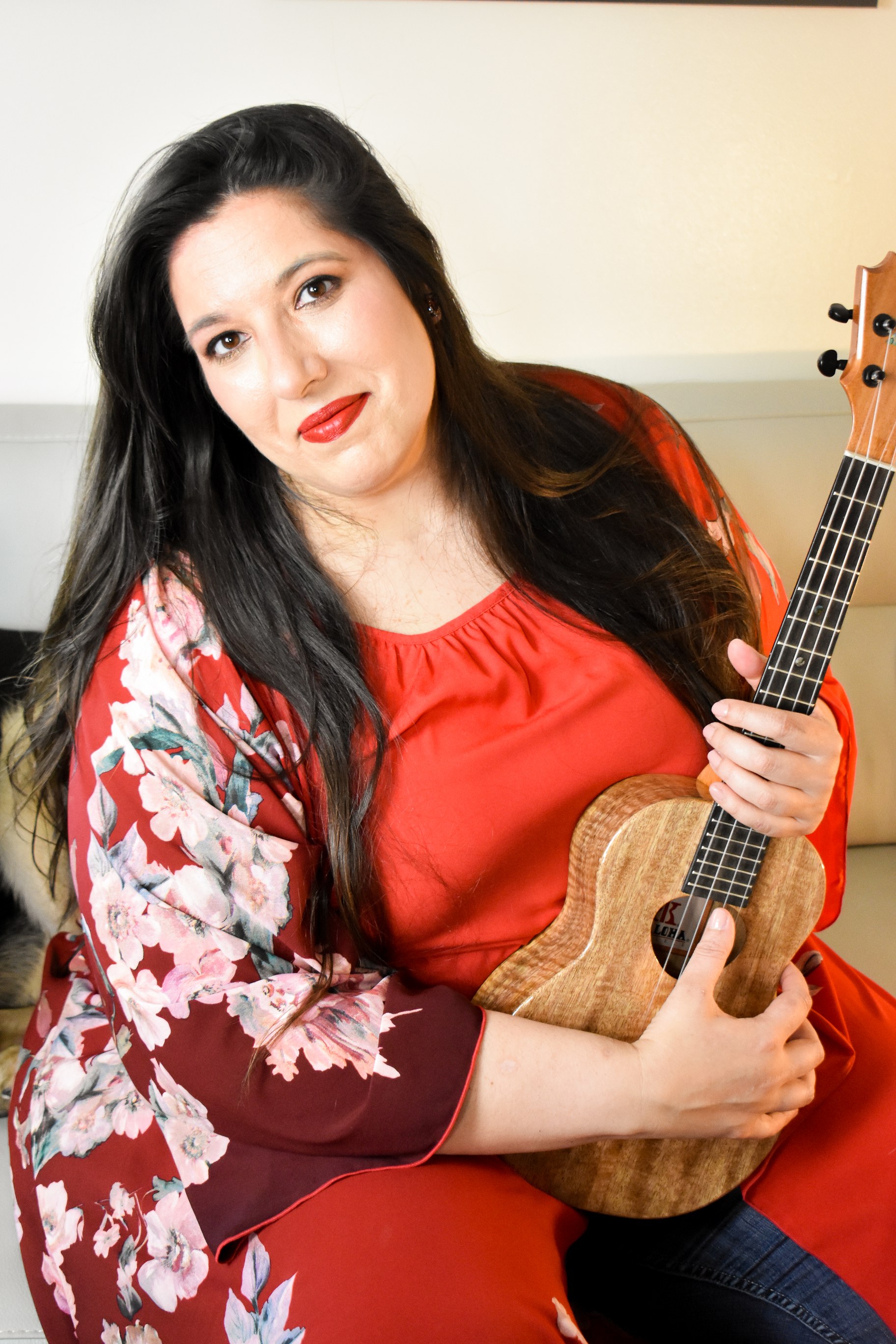UCLA Health has teamed up with the LA Opera on a form of physical therapy for people experiencing long COVID. Patients sing lullabies, pop songs, and spirituals, while using opera techniques to rebuild their breath capacity and vocal stamina. Long COVID symptoms include lingering fatigue, brain fog, shortness of breath, and other issues that can last for months.
At the center of the program is using mindfulness to help patients work through the hopelessness that comes with long COVID, says mezzo-soprano teaching artist Nani Sinha.
“The mindfulness is really a reset for the nervous system in the brain so that when we get into the breathing exercises, the body is already calm. Because the body has experienced this trauma of COVID, and it's not able to function at the high level, all of a sudden, you’re winded. … That trauma stays in the body and the body remembers,” Sinha explains.
Sinha teaches many exercises she uses to prep for an opera performance. They are also techniques that pulmonary rehabilitation clinics use. That includes what’s called box breathing and semi-occluded vocal tract breathing, which involves humming, breathing through pursed lips, and breathing through a straw.

“The mindfulness is really a reset for the nervous system in the brain so that when we get into the breathing exercises, the body is already calm,” says Nani Sinha. “Because the body has experienced this trauma of COVID, and it's not able to function at the high level, all of a sudden, you’re winded. … That trauma stays in the body and the body remembers.” Courtesy of Nani Sinha.
Gayle Geffner recently joined the program. She’s had COVID-19 three times and describes her worst symptoms as fatigue and shortness of breath. After her bouts with the illness, she struggled with getting back into her workout routine.
Six weeks after her first brush with COVID, Geffner says she tried to walk on a treadmill. Within 10 minutes, she says the room started spinning.
After taking part in the program, Geffner says she’s now able to use the exercises to help get her through her workouts.
“They are wonderful. I find if I start to exercise and I feel tired, or I feel like I might be short of breath, if I stop and do the breathing exercises, I can get right back into it,” Geffner says.
Sinha says the gentle exercises help massage the vocal cords and deliver more oxygen to the blood.
“Not only am I seeing an increase in capacity, exhaling, longevity of exhale, but I'm also seeing changes in speaking voice. A lot of times people have been intubated. And after that kind of a trauma to the vocal cords, the voice is very fried and hoarse. It sounds unhealthy,” Sinha explains. “One of the biggest things is improvement in general well-being. People feel more hopeful people are able to tackle things. People are able to focus and function.”
